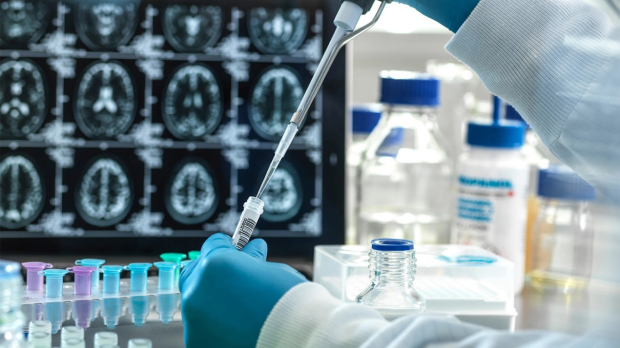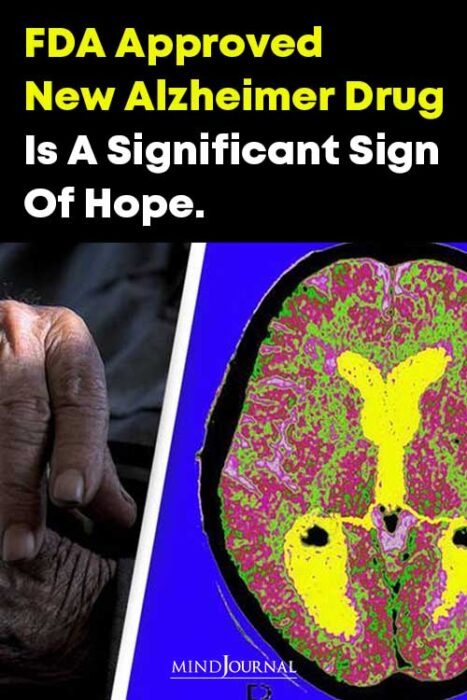Earlier this month, the FDA granted full approval to Lecanemab, also known as Leqembi, new Alzheimer drug in two decades. This groundbreaking drug operates by reducing amyloid plaques in the brain, a characteristic feature of Alzheimer’s disease.
During the initial clinical trials, two patients shared their personal experiences with Fox News Digital, revealing that Lecanemab demonstrated an impressive 27% slowdown in cognitive decline.
Symptoms Of Alzheimer
Alzheimer’s disease is a neurodegenerative condition that gradually impacts cognitive functions in the brain. As the disease progresses, it causes a decline in memory, thinking abilities, and other mental processes. Symptoms of Alzheimer can vary from person to person, but they generally worsen over time. Some common symptoms include:
- Memory Loss
- Confusion and Disorientation
- Difficulty with problem-solving
- Changes in mood
- Lack of self-care
Joan Murtaugh’s New Alzheimer Drug Story
Joan Murtaugh, a 77-year-old resident of Lakewood, Ohio, began experiencing memory issues shortly after her 70th birthday. Recognizing the importance of timely action, her husband, Larry Murtaugh, helped her make an appointment at a brain center clinic.
Subsequently, in 2017, Joan was diagnosed with mild cognitive impairment. A year later, after undergoing a 3-D MRI and spinal tap, she received the news that she had symptoms Of Alzheimer, which is an enzyme in her spinal fluid indicating a 65% likelihood of developing Alzheimer’s in her lifetime.
In February 2020, Joan received some encouraging news when she became eligible to participate in a double-blind Phase 3 clinical trial for dementia medications called new alzheimer drug Leqembi at the renowned Cleveland Clinic in Ohio.
Read more here: Get Your Eyes Checked Regularly! Study Reveals Link Between Eye Health And Dementia Risk
Among the 1,800 participants worldwide, she was one of only eight individuals chosen to receive the experimental new Alzheimer’s drug at the Cleveland Clinic. Joan believes that her inclusion in the trial was due to the evident presence of plaque in her brain, which was identified as a contributing factor to her Alzheimer’s condition.

Throughout the trial, Joan describes the drug’s effects as a gradual but noticeable progress, though not a miraculous cure.
Murtaugh shared that throughout the entire trial period, she had not deteriorated; rather, she experienced the same mild symptoms of Alzheimer she had before starting the dementia medications, and there was a possibility that she had even shown some improvement.
Additionally, she mentioned that despite the known associations of Leqembi with potential side effects, she did not encounter any adverse reactions. According to Murtaugh, the new Alzheimer’s drug represented a source of significant hope for those who all are looking for Alzheimer’s disease medication.
John Domeck’s New Alzheimer Drug Story
John Domeck, a retired attorney from Aurora, Ohio, found himself confronted with an Alzheimer’s diagnosis at the age of 57. His colleagues at the law office and family had noticed Alzheimer’s symptoms like his memory lapsed even before he recognized them himself.
John had to resort to writing things down to avoid forgetting crucial details, which was a stark contrast to his 30-year history of not needing extensive notes at work.
John shared that over time, his ability to perform work quickly and efficiently declined due to the progression of Alzheimer’s. His wife of 40 years, Ann Domeck, also observed concerning signs at home, but they never anticipated it would be Alzheimer’s disease.
To get a clearer picture of his cognitive health, the Domecks decided to schedule cognitive testing at Cleveland Clinic, which ultimately led to a spinal tap and a confirmed Alzheimer’s diagnosis in July 2019.
A year ago, John’s Alzheimer’s disease medication approach shifted to the “open-label” Leqembi medication, the new dementia medication which he now administers through self-injection at home once a week.
Ann Domeck expressed that Alzheimer’s had significantly disrupted their lives, but the introduction of the new Alzheimer drug provided a positive impact, somewhat restoring their sense of stability.
Read more here: Alzheimers Drug Gets FDA Approval, Expands Medicare Coverage To Slow Down The Disease
Initially taken aback by the unexpected diagnosis, the Domecks now believe that the dementia medications have granted them the additional time they were informed they might not have had.
Ann Domeck conveyed her gratitude, stating that she thanks God every day for their participation in the trial, as it has been the most beneficial development they have experienced.
Leqembi has received approval specifically for the treatment of individuals with mild cognitive impairment or early-stage Alzheimer’s disease, provided that they have been clinically determined to have amyloid plaques in their brains.









Leave a Reply
You must be logged in to post a comment.